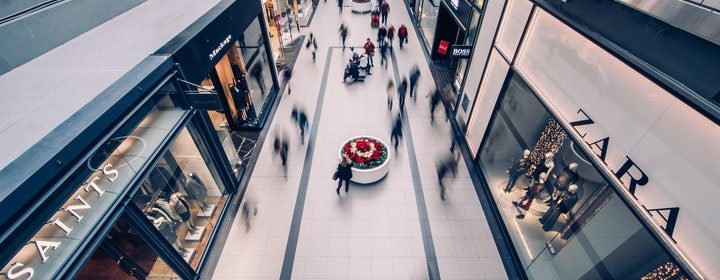Have you ever slipped and tripped in a shopping centre or supermarket? If so, then you should be aware that it’s not necessarily your fault. Even though we’re fortunate to have rather strict regulations and routine safety inspections in South Africa, shopping accidents are still a surprisingly common occurrence.
These happen across the country and include accidents caused by elevator issues, defective flooring, and broken skylights, among other reasons. In the past few years, there have even been quite well publicized incidents of collapsing ceilings and falling glass panes that have injured people at Menlyn Park, East Rand and Sandton City shopping malls in Gauteng.
However, some of the most common causes of injury in supermarkets are simply slippery floors from cleaning or spilled produce; falling items from shelves; aisle obstructions; and faulty automatic doors, elevators and escalators.
Not everyone who is injured in a supermarket or shopping centre qualifies automatically for compensation. Although owners or tenants are legally obliged to take steps to protect those on their premises, they are unlikely to be liable for damages if they can prove that they have done what they can to prevent foreseeable accidents. This responsibility is referred to as duty of care, and it can include actions such as regularly cleaning and repairing the premises and equipment, and posting warning signs or putting up barriers to prevent falls.
However, if you are injured in a supermarket or shopping centre as a result of someone’s negligence — be that the owner or centre management — it may mean this duty of care has been violated, and you should contact Henry Shields Attorneys immediately to find out if you have a case to claim compensation for relevant medical expenses, loss of income, and suffering. Among many other landmark cases, the firm has successfully dealt with personal injury claims that arise from defective lifts and escalators; and slip and trips in supermarkets, shopping malls and hotels.
The success of the claim will, however, depend on your ability to prove negligence. With the help of your experienced attorney, you will need to provide proof that the owner was at fault and not you. To do this, you should aim to gather sufficient evidence immediately after an accident, which you can give to your attorney to review. This can include witness statements, photographs of the scene, surveillance footage, and medical reports relating to your injuries.

